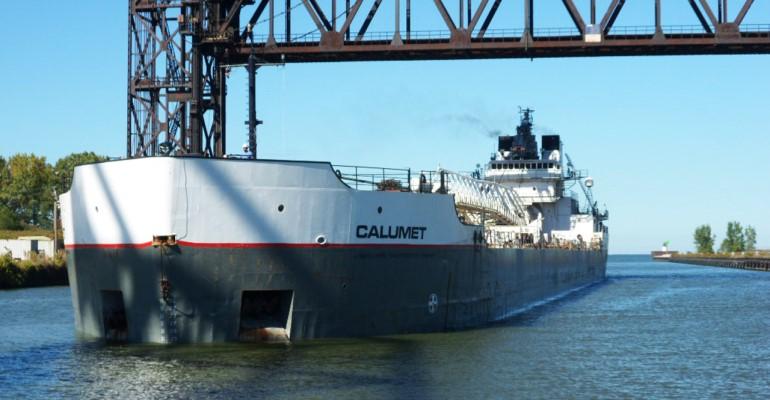The Jones Act sector in the States—where vessels are used in coastwise trades and between the mainland and Hawaii and Puerto Rico—continues to be active, albeit sometimes “under the radar” for the broader world of maritime finance.
Funding and capital raising for Jones Act vessel owners was explored in depth by a panel at a Capital Link webinar. The overall mood in the webinar was positive, and the financial discussion, moderated by Watson Farley Williams Partner Chris Belisle reaffirmed the good outlook.
There was a consensus that activity has been increasing lately. Panelist Will Frew, Senior Vice President at Oaktree Capital Management, who handles transportation infrastructure assets within the investment behemoth that has been active across shipping markets in the past decade, said: “We’ve certainly been focused more on the sector in the past few years…just in my team personally, and it does seem like there has been a broader focus among a diverse range of investors.
“We’ve seen a number of opportunities; I think we’ve seen an uptick in interest among a broader investor group…” he added.
Panelist Matt Thomson, Head of the Transportation & Logistics Group at RBC Capital Markets, and a decades-long participant in Jones Act financing agreed, talking about upward momentum in the Jones Act. Kevin O’Hara, from AMA Capital Partners noted that both offshore wind and OSVs were seeing greater activity.
As far as factors contributing to the increased activity, Frew pointed to investors being more educated about the Jones Act, and to succession planning going on at companies—most of which are privately owned.
Thomson added that “The additional driver…for the uptick in activity in the past 24 months…has been the innate cyclicality… of sectors… within the Jones Act. Typically, Merger and Acquisition transactions happen early in an upcycle… it’s very hard to sell a business that’s trending down.”
He said that the present place in the cycle “…makes it easier to come to market…to find buyers.”
The cyclicality factor was driven home in remarks by Alex Parker, Managing Partner at Rose Cay Maritime—an investment platform best known as one of several buyers who divided up assets previously owned by Bouchard Transportation—who said, “As buyers and sponsors, we like to buy at the rock bottom… so we bought during the height of Covid.” The Bouchard tug and barge sales occurred during late Summer, 2021.
The topic turned to residual values of assets- with WFW’s Belisle probing on what makes certain vessel and business categories into targets for buyers. Parker, from Rose Cay, alluded to a desire to invest in assets that were not fungible, where “…the barriers to entry are relatively high…” RBC’s Thomson took a different view, explaining that: “I think that cash yield is very important…in a lot of the deals that we’ve done, we’ve had buyers focused on what was the free cash flow, or what will the free cash flow be, on that business in the next 12-24-36 months.
“It’s really about looking at the characteristics of an asset to turn it into cash flow quickly. That’s a factor that’s played into a lot of the deals that we’ve done over the past several years.” AMA Capital’s Kevin O’Hara agreed and said that in a rising interest rate environment “…the long term contracts and cash flows are key here.”
But, some old fundamentals apply. Will Frew, from Oaktree—which bought into large Great Lakes carrier Rand Logistics two years ago—encapsulated the bigger picture: “What I think is important, when you are taking ownership with new sponsors, that there’s alignment of interests between the parties from both a strategy, capital, and investment timeline perspective… that alignment [between sponsors and owners] can come from what you’ve seen in the market… you are starting to see some longer duration fund strategies, and even some perpetual strategies.”
Relationships also matter, Frew said that absent long term contracts, it was still possible for Oaktree to get comfortable if there was a long term relationship in place between the owner and the cargo side.
Copyright © 2024. All rights reserved. Seatrade, a trading name of Informa Markets (UK) Limited.
Add Seatrade Maritime News to your Google News feed.  |

